Large-scale nuclear suffered a serious set back yesterday when Hitachi finally confirmed it had canned plans to build a £20bn twin reactor nuclear power station at the Wylfa site in Anglesey.
The move prompted firms bringing forward the Sizewell C, many which were also involved with Wylfa, to warn it was now essential that plans for Sizewell C in Suffolk advance to construction to protect the nuclear engineering supply chain.
Now Rolls-Royce, which is leading a consortium including BAM Nuttall and Laing O’Rourke, has said sites at Anglesey and Trawsfynydd could be homes to new small-scale power stations.
Its power station would be able to operate for 60 years and provide 440MW of electricity, enough to power a city the size of Leeds.
Its consortium ultimately aims to generate a joint investment of £500m focused on designing a first-of-its-kind small modular reactor, which would form the core of the new compact plants.
Tom Samson, interim chief executive officer of the UK SMR consortium, said: “It’s sad to see this important project come to an end and the impact on our friends in the industry, as well as the North Wales community, with whom we have a strong relationship.
“The UK SMR consortium’s ambitions for a fleet deployment of clean, cost-effective power plants across the UK remain unchanged and we believe sites such as those at Wylfa, Trawsfynydd and in West Cumbria still have major roles to play.
“Such a programme would drive industrial activity to manufacture our modular, factory-built power plants and create thousands of high-skilled jobs, both where the power stations are located and across the UK supply chain.
“The UK nuclear industry has tremendous amount of potential to drive a new nuclear build program with a domestic solution to a domestic challenge.”
By 2050, a full programme of 16 power stations could create 40,000 jobs and add £52bn of value to the UK economy, the government added.





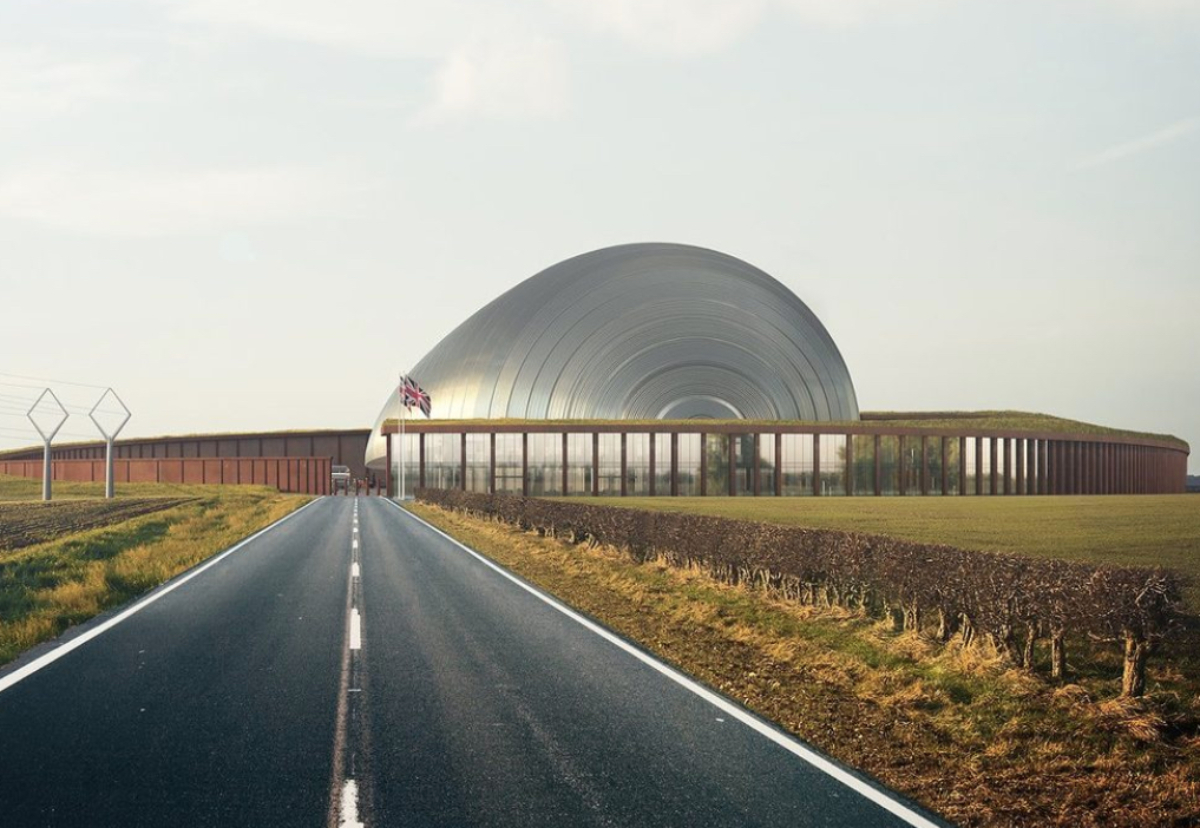

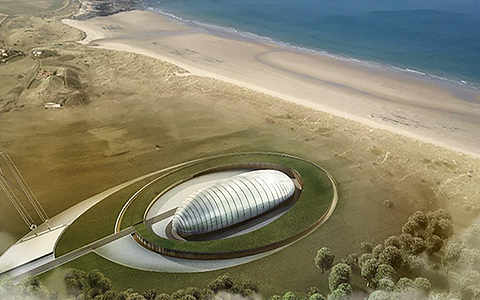



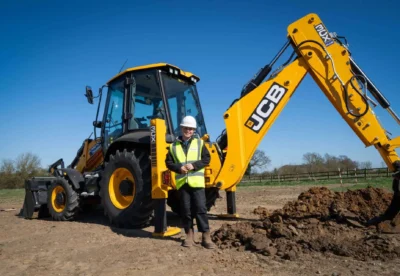



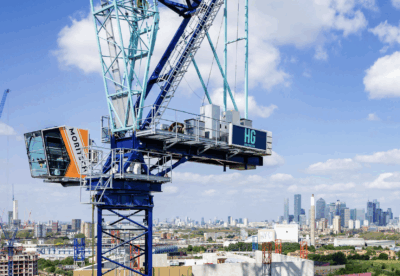





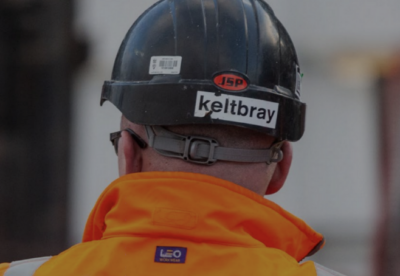




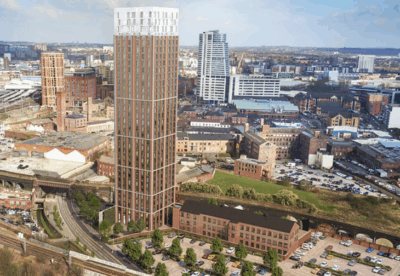




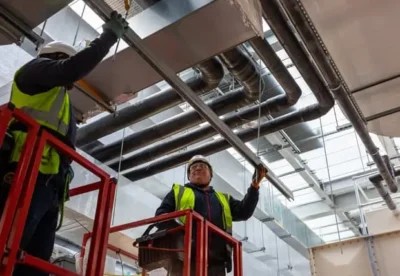


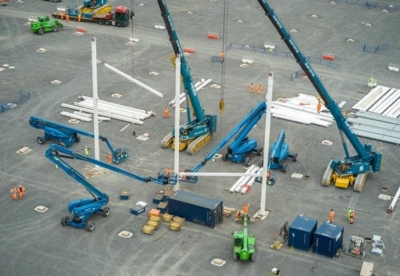

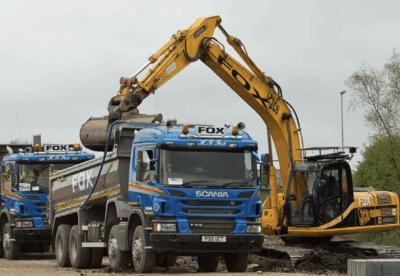

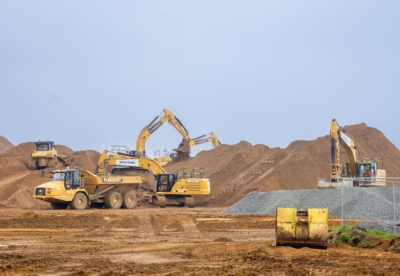
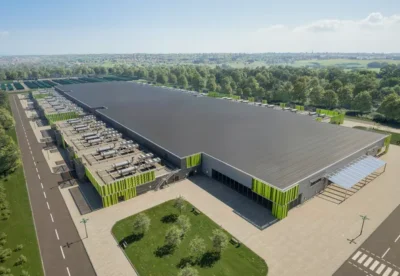

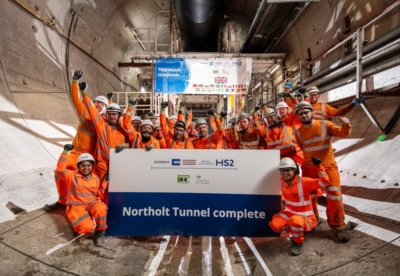

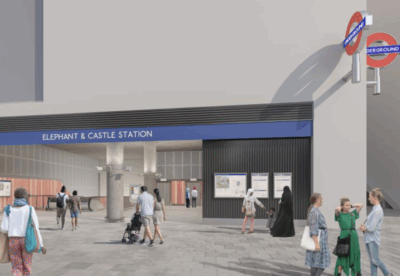







 (300 x 250 px) (2).png)


